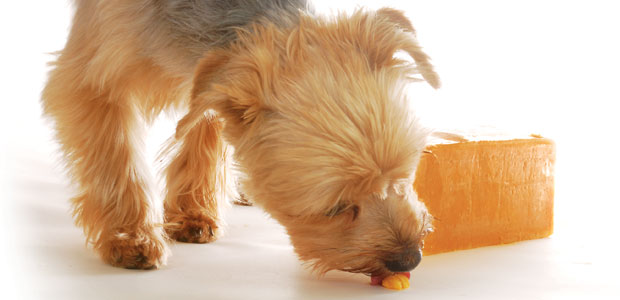Advertisement
Treat Your Pets Well
They love you unconditionally. Would you feed them unhealthy treats? Your pets—they’re part of the family, after all—deserve the same quality goodies as the rest of you. Unfortunately, many pet treats are high in processed sugars, fats, and chemical additives, which can be detrimental to your pet’s health. Doggy-Licious Dogs are omnivores (like us, they … Continued

They love you unconditionally. Would you feed them unhealthy treats? Your pets—they’re part of the family, after all—deserve the same quality goodies as the rest of you.
Unfortunately, many pet treats are high in processed sugars, fats, and chemical additives, which can be detrimental to your pet’s health.
Doggy-Licious
Dogs are omnivores (like us, they eat both meat and plant foods). They like savoury, sweet, and crunchy foods. Baked liver bits and biscuits, small pieces of cheese, bits of chopped apple or carrots, and even fresh or frozen berries can all add nutritional benefits to your dog’s daily diet. Varying treats is important.
Remember that a treat such as a slice of cheese, however, adds extra calories to your pet’s daily intake. For example, just one 1 oz (28 g) slice of cheese can contain 120 calories, about one-fifth of the recommended caloric intake for smaller dogs.
Dairy products may not be appropriate for all pets. Some adult dogs and cats may not have sufficient amounts of the digestive enzyme lactase, which breaks down the lactose (milk sugar) in milk. Regular milk or cheese can give some pets stomach upset. Lactose-free milk products are available.
Tailoring treats to suit the occasion can also prove helpful. Long-lasting chews are best suited to sustained attention during long car trips or for going into the crate. When using treats as a training incentive, tiny treats are recommended, since you will require more than one.
Rawhide chews and pigs’ ears can be hard on your dog’s digestive system and may also present a choking hazard, since some dogs may try to swallow larger pieces. If you’re looking for a long-lasting chew product, visit your local pet store and ask for easily digestible products made from 100 percent beef.
Fine for Felines
Cats are carnivores; they eat only meats. Most cats enjoy beef, lamb, pork, chicken, turkey, and fish. As a healthy treat, your cat may enjoy baked liver bits. Wild salmon or herring snacks using dehydration procedures are good options; chemical preservatives or artificial flavourings aren’t necessary to making pet treats.
Nothing but the Best
Read ingredient lists on store-bought treats carefully. Avoid artificial colours, sugar, and chemical additives. Sugar, a common ingredient in commercial dog foods, can lead to obesity, dental problems, and, possibly even diabetes. Health food stores and health pet stores offer products that cater to the health-conscious pet owner.
Making healthy food for the family pet with your children can give you a great opportunity to teach them about nutrition–see the recipe.
How to Treat Your Pet for Optimum Wellness:
Don’t hand out treats indiscriminately; give them only as a reward.
Treats should not make up more than 10 percent of your pet’s daily food intake.
Toxic Alert!
Chocolate, grapes, raisins, alcohol, and onions are toxic to cats and dogs. For a complete list of toxic pet foods, please consult your veterinarian.
(See next month’s issue to learn more about healthy pet foods.)
Doggy Deluxe Biscuits
These biscuits provide a good source of lean protein for health and energy, as well as
essential fatty acids for heart and skin health and a beautiful shiny coat.
4 cups (1 L) oat flour
1/3 cup (80 mL) cold-pressed sunflower oil
2 eggs
1 cup (250 mL) of ground turkey, chicken, or salmon
1/2 cup (125 mL) sunflower seeds, freshly ground
1 medium carrot, grated
In a large bowl combine sunflower oil and eggs. Add ground sunflower seeds, ground meat, and grated carrot. Gently add oat flour and knead until smooth.
Roll out to 1/2 in. (1.3 cm) thick. Cut into sticks. Preheat oven to 350 F (180 C) and bake for 30 minutes. Biscuits may be frozen for future use.
Use organic, fresh food whenever possible.




